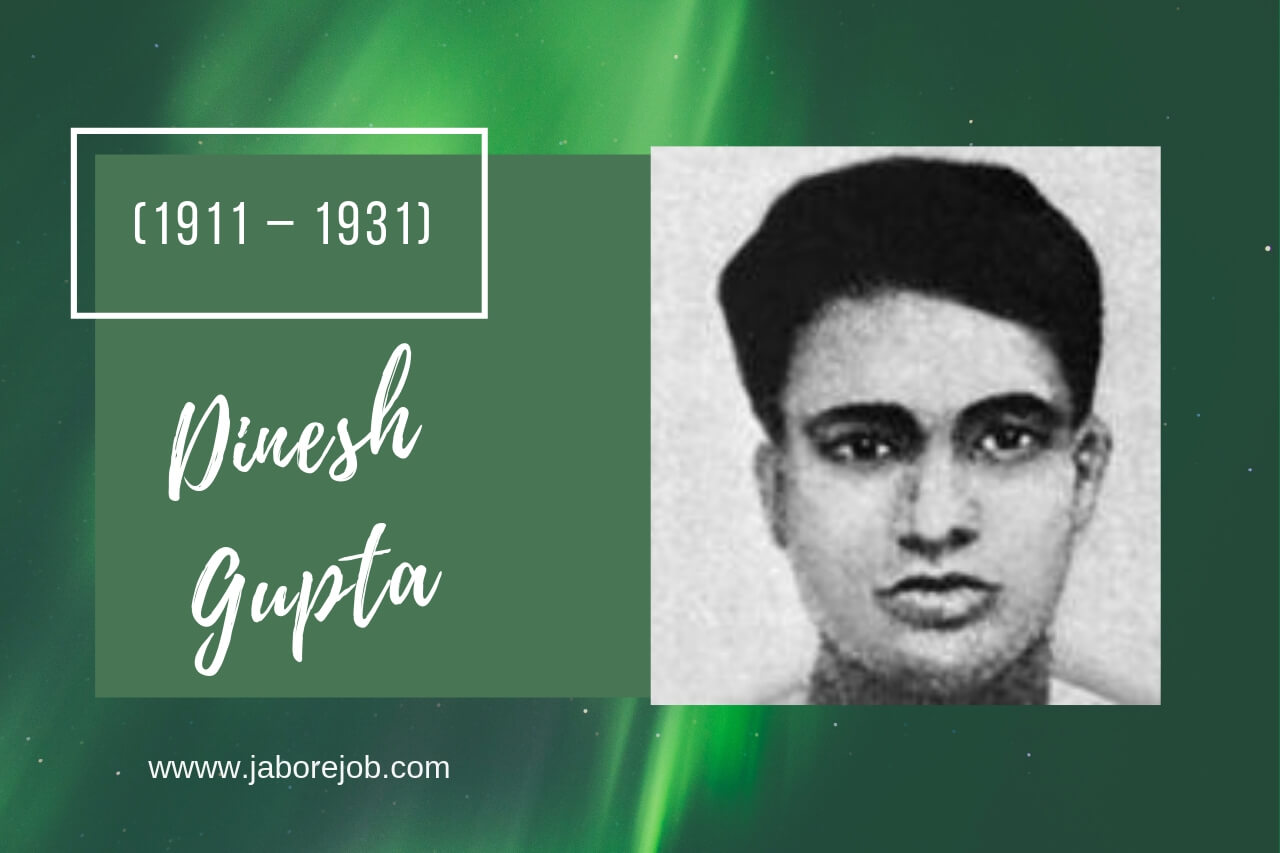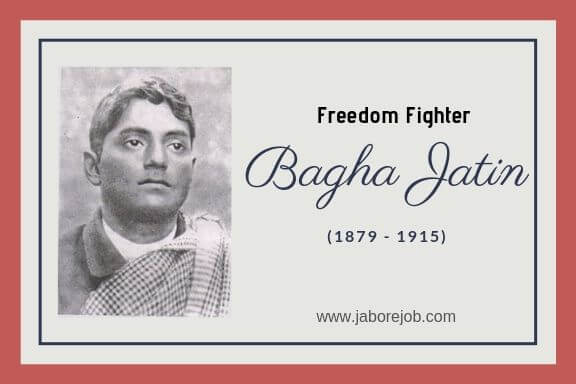Tipu Sultan was born Sultan Fateh Ali Sahab Tipu full name (Badshah Nasibuddaulah Sultan Mir Fateh Ali Bahadur Sahab Tipu) was the ruler of the Kingdom of Mysore and a pioneer in rocket artillery. He was known for many administrative and innovative decisions that have been taken by him during his rule which included a new coinage system and calendar. He also introduced a new land revenue system that initiated the growth of the Mysore Silk Industry.
He is known for his rocket artillery which he deployed against the advances of British forces and their allies during the Anglo-Mysore wars which he fought the Battle of Pollilur and Siege of Seringapatam. He was ambitious and had a great economic development program where he established Mysore as the major economic power and the kingdom of Mysore had the highest real wages and living standards.
He was sought out alliance by Napoleon Bonaparte who was the French commander-in-chief where the French along with Tipu’s army fought against the British and also against the Marathas, Sira, and rulers of Malabar, Kodagu, Carnatic, and Travancore.
Tipu remained an enemy with Marathas and the British East India Company however he was defeated in the Maratha-Mysore war which ended him signing the Treaty of Gajendragad.
He was a number 1 enemy to British East India Company where he fought many wars however he was defeated in the 4th Anglo-Mysore war where he was killed defending Fort of Seringapatam.
Tipu Sultan Information
- Born: 20 November 1750, Devanahalli
- Full name: Fateh Ali Sahab Tipu
- Nicknames: Tiger of Mysore, Tipu Sahib
- Spouse: Navayat lady, Ruqayya Banu, & Khadija Zaman Begum
- Parents: Hyder Ali, Fatima Fakhr-un-Nisa
- Died: 4 May 1799, Srirangapatna
- Place of burial: Gumbaz-e-Shahi, Srirangapatna
- Children: He had 16 children (names are below)
| 1. | Ghulam Muhammad Sultan Sahib |
| 2. | Muhammad Nizam-ud-din Khan Sultan |
| 3. | Shezada Hyder Ali |
| 4. | Mi’raj-ud-din Ali Khan Sultan |
| 5. | Abdul Khaliq Khan Sultan |
| 6. | Muhammad Shukrullah Khan Sultan |
| 7. | Muhi-ud-din Ali Khan Sultan |
| 8. | Sarwar-ud-din Khan Sultan |
| 9. | Munir-ud-din Khan Sultan |
| 10. | Muhammad Yasin Khan Sultan |
| 11. | Ghulam Ahmad Khan Sultan |
| 12. | Muhammad Subhan Khan Sultan |
| 13. | Hashmath Ali Khan Sultan |
| 14. | Hyder Ali Khan Sultan |
| 15. | Muhammad Jamal-ud-din Khan Sultan |
| 16. | Mu’in-ud-din Ali Khan Sultan |
Early Years
Tipu Sultan was born on 20th November 1750 at Devanahalli (now Bangalore-rural district). He was named Tipu Sultan after the saint Tipu Mastan Aulia of Arcot. He was born to Hyder Ali and Fatima Fakhr-un-Nisa. His father was illiterate, however, he wanted to give his eldest son a quality education which helped to learn military and political affairs at an early age of 17.
Hyder Ali was Sultan and de-facto ruler of the Kingdom of Mysore in the year 1761 appointed able teachers to give his son quality education and Tipu had an early education in subjects like Urdu, Persian, Arabic, Kannada, Quran, Islamic jurisprudence, riding, shooting, and fencing.
Tipu was instructed with military tactics by French officers and at age of 15, he accompanied his father against the British in First Mysore War, 1766. At age 16, he also commanded corps of cavalry in the invasion of Carnatic early 1767 and had distinguished himself in the first anglo-Maratha war 1775-1779.
In the year 1779, The British captured the French-controlled port of Mahe which Tipu had placed some of the soldiers to provide protection and in response, Hyder Ali launched an invasion of the Carnatic.
During this time, Tipu was dispatched with 10,000 men and 18 guns to intercept Colonel Baillie who was on his way to join Sir Hector Munro by Hyder Ali and Tipu defeated Colonel Baillie. Sir Munro was moving to a different location to join Baillie however on hearing the news he retreated abandoning his artillery in a water tank at Kanchipuram.
Tipu sultan also defeated Colonel Braithwaite in Tanjore and in December 1781, he successfully captured Chittur from the British people and by this time, Tipu had already gained successful experience in the military by the time his father died.
Hyder Ali died on 6 December 1782 due to cancer and 3 days later Tipu became the ruler of Mysore Kingdom on 22 December 1782. Soon after becoming the ruler, Tipu checked the advances of the British by making an alliance with Marathas and Mughals. By this time, the second Mysore war came to end with the signing of the treaty of Mangalore.
Tipu As The Ruler of Mysore
As soon as Tipu became the ruler of Mysore, he made an alliance with Marathas and Mughals. However, The Maratha empire under Peshwa Madhavrao I had regained most of the regions of the Indian subcontinent and had defeated Hyder Ali twice. Hyder Ali accepted the defeat and under the authority of Madhava Rao, he was given the title of Nawab of Mysore.
But Tipu Sultan when he gained the position of Ruler of Mysore, he wanted to escape the treaty of Marathas and therefore he captured the forts which belonged to the Marathas. Tipu also stopped the tribute to Marathas which was promised by Hyder Ali and this made him an enemy with the Marathas which lead to the Maratha-Mysore war.
Many conflicts were fought that included the Battle of Nargund, the battle of Badami, the siege of Adoni, the battle of savanur but the conflict ended with the Treaty of Gajendragad in March 1787 where Tipu agreed to return all territories captured by Hyder Ali to Maratha Empire and also he agreed to pay 4-year arrears which totalled up to 4.8 million rupees and the Marathas agreed to address Tipu Sultan as “Nabob Tipu Sultan Futteh Ally Khan”.
In 1789, Tipu disputed the acquisition of Dharma Raja of Travancore as he had held 2 dutch fortresses in Cochin and he massed troops to Coimbatore. On 28th December the same year he went on to attack Travancore which was then an alliance with the British East India Company, but the Travancore army was strong and The Maharaja of Travancore appealed to the British for an alliance.
And in response, Lord Cornwallis along with the Marathas and the Nizam of Hyderabad decided to attack Tipu and in 1790 they were able to hold control of the Coimbatore district. Tipu then descended to the Carnatic and reached Pondicherry where his attempt to seek help from the French failed.
In 1791, under Lord Cornwallis the British attacked the Mysore Kingdom taking Bangalore and threatening Srirangapatnam and this effort, Tipu was successful and due to the lack of provisions, Lord Cornwallis withdraw the siege from Bangalore and retreated. Following the retreat, Tipu sent his forces to Coimbatore which had a lengthy siege.
The siege of 1792 was unsuccessful for Tipu as the allied army was well supplied and after two weeks of siege, Tipu surrendered and he was forced to pay over 3 crores 30 lakh rupees, half of the territories to the allies, and also deliver his 2 sons as hostages as war indemnity to the British for the campaign against him.
Napolean during his invasion of Egypt wanted to establish his junction with Tipu Sultan. Napolean assured that “as soon as he had conquered Egypt, he will establish relations with the Indian princes and, together with them, attack the English in their possessions.” And report suggested that “Having occupied and fortified Egypt, we shall send a force of 15,000 men from Suez to India, to join the forces of Tipu-Sahib and drive away from the English.” The plan was unsuccessful as Napolean was defeated during this attempt.
Tipu Sultan Death
3 armies which included 2 British and `1 from Bombay besieged the capital of Srirangapatnam during the 4 Anglo-Mysore war. The 3 armies included 26,000 soldiers of the British East India Company, approximately 4,000 Europeans, and the rest Indians and they outnumbered Tipu’s forces which had only 30,000 soldiers.
The British broke through the city walls of Srirangapatnam and the French military advisors told Tipu to escape via Secret passages which Tipu refused and fought the battle. Tipu Sultan was killed at the Hoally (Diddy) Gateway, which was located 300 yards (270 m) from the N.E. Angle of the Srirangapatna Fort.
He was buried the next afternoon next to the grave of his father. He died on 4 May 1799 aged 48 in Srirangapatnam, present-day Mandya district, Karnataka.
He is one of the most revered armies in Karnataka against the British in the year 2015, the government of Karnataka under Chief Minister Siddaramaiah decided to celebrate his birth anniversary as ‘Tipu Sultan Jayanti’.
[ Also Checkout: List of Freedom Fighters in Karnataka ]












